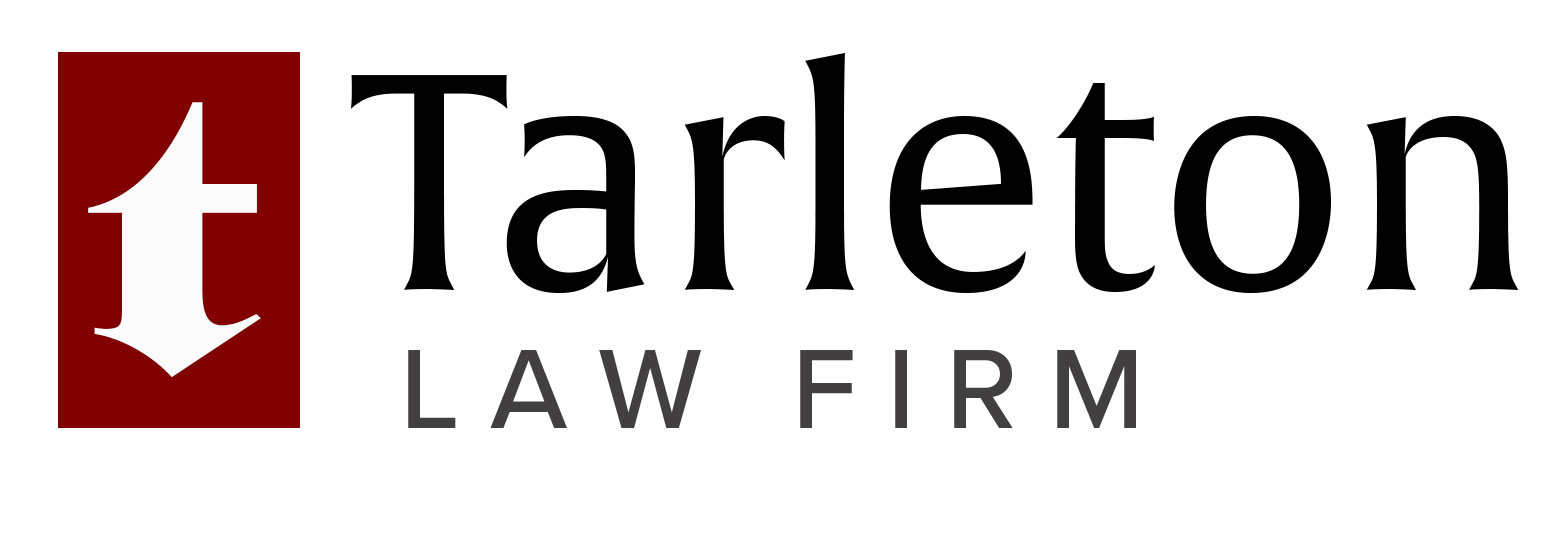The Problem.
Unfortunately, it is not uncommon for life insurance policies to be purchased by young adults who then bury the policy documents in a file drawer but keep paying premiums every year. Even though the policy is usually bought to provide a safety net for young children, when the children become adults the parents may never fully inform the children about the policies that may still exist.
In addition to uninformed family members, an added problem is that some life insurers have historically not been proactive about pursuing payment of death benefits to beneficiaries. In 2016, 60 Minutes aired a story covering the audits of dozens of large insurance companies who agreed to pay more than $7.5 billion in back death benefits as a result of failing to pay out claims.
To help beneficiaries address these difficulties, some states require insurance companies to monitor policies against death reports from Social Security and take steps to notify beneficiaries upon learning of the death of a policyholder. But, not every state has that requirement and in some cases there are other challenges for beneficiaries, such as a lack of necessary records by the insurance company (which may no longer exist) or the beneficiaries (who may have lost the policy and don’t remember which insurance company issued the policy).
Maybe you remember a parent mentioning you were named as a beneficiary in life insurance, but don’t remember any other details. If the death benefit was large, you will want to confirm whether a policy exists. But, where do you start?
Where to Start.
Here are some tips to get started:
Search personal records. Look through files where policy documents may have been kept.
Check safety deposit boxes. If there is a safe or safety deposit box, check there for important financial documents that may include a policy contract.
If you think you know which insurance company was used, look on its website for where to report a death. If you can find a bank statement that includes premium payments, there may be a copy of a check or electronic debit that lists the name of the insurance company.
Northwestern Mutual has a website to report a death: https://www.northwesternmutual.com/report-a-death/
New York Life has a place to report a lost policy: https://www.newyorklife.com/claims/lost-policy-finder
MetLife has a lost policy finder as well: https://www.metlife.com/policyfinder/
Search unclaimed property websites. Insurance companies can turn policy proceeds over to unclaimed property if they are unable to locate a beneficiary. Be sure to check in each state where the deceased individual may have lived. Texas unclaimed property is at: https://claimittexas.org
Be ready to prove your identity. If you do locate a policy from an insurance agency or with a state’s unclaimed property department, you will need to verify you have a right to the proceeds. In the event a death benefit is given to a state’s unclaimed property agency, you will need to prove you have a right to the funds.
Have the deceased individual’s full legal name and social security number. A list of prior addresses may be helpful as well since each state has different tools to locate policies.
Check with the state insurance commission. If an insurance company appears not to exist, the state insurance commission may have details about whether a company was acquired or merged with an existing life insurer where the policy contract is now owned.
Contact insurance agents (whether for life, home, or auto coverage) that knew the decedent. Sometimes an agent for a homeowner or auto policy may have discussed life insurance with the deceased individual. This may require searching through a decedent’s contact book for names of agents.
Use a missing policy locator tool. For example, the National Association of Insurance Commissioner’s policy locator: https://eapps.naic.org/life-policy-locator/#/welcome.
There are also paid insurance locators, such as findyourpolicy.com (which charges $19.95 for a search and should only be used if the policy was registered by the relative or agent) or MIB’s policy locator (https://www.mib.com/pls.html) which charges a fee of $75.
Check with prior employers. Some companies will offer a basic life insurance policy for their employees. Check with the benefits coordinator in case a policy is still in effect.
Need help?
Anyone who has had to sort through a loved one’s financial affairs, whether life insurance or otherwise, will understand the importance of getting your affairs in order. If you need to speak with an attorney about probate or life insurance planning, contact our firm today for a free consultation at (214) 935-9004 or visit our website at www.tarletonfirm.com.

